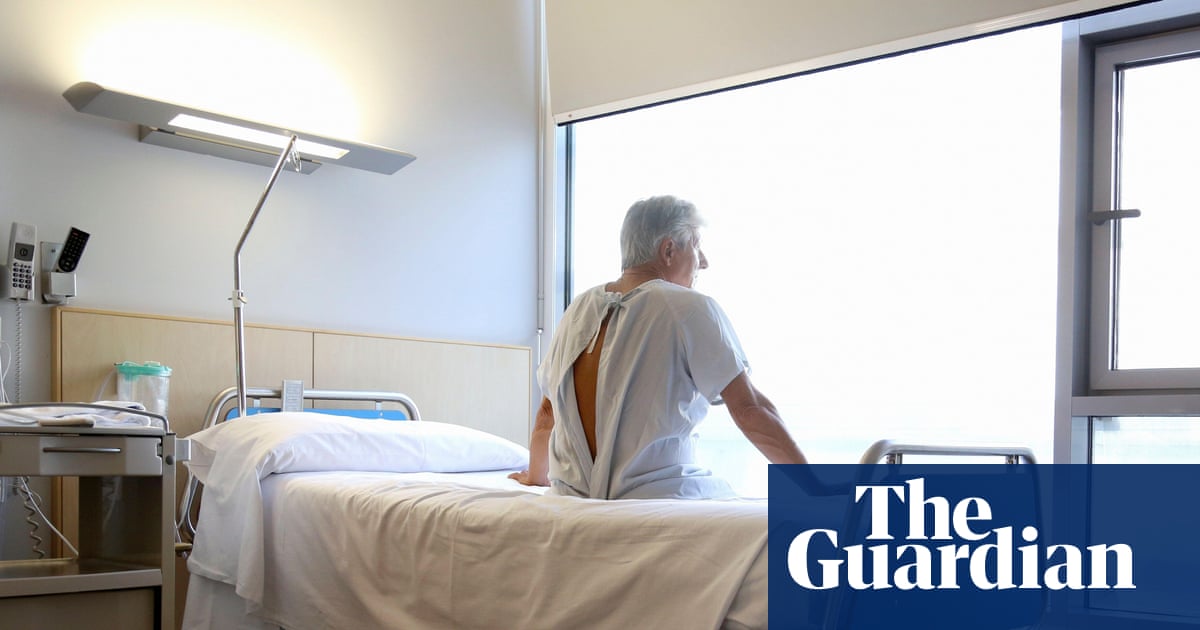
"Clinical trials of the drug have shown that people with bladder cancer that has spread (metastasised) live up to twice as long when given the combination antibody treatment when compared with those given normal chemotherapy. One trial also found that almost 30% of patients had no detectable traces of cancer in their body following treatment with enfortumab vedotin and pembrolizumab, compared with only 12.5% with chemotherapy."
"Prof Peter Johnson, NHS England's national clinical director for cancer, said that the treatment is one of the most hopeful advances in decades for people with bladder cancer. He added: Bladder cancer is often difficult to treat once it has spread, but this new therapy is the first one in years to really help stop the disease in its tracks, and our rollout to NHS patients will make a huge difference to the lives of those affected and their families."
"The therapy works by enfortumab vedotin directly targeting the cancer cells and killing them, while pembrolizumab, an immunotherapy drug, helps the immune system recognise and fight the remaining cancer cells. Life expectancy for people with bladder cancer which has metastasised is usually only just over a year, but this new therapy increased survival for people with this stage of the disease by more than one year."
More than 1,000 patients living with bladder cancer in England will be eligible for enfortumab vedotin combined with pembrolizumab after NHS approval, with around 1,250 patients expected to be offered the therapy. Clinical trials showed people with metastatic bladder cancer lived up to twice as long compared with chemotherapy, and one trial found almost 30% had no detectable cancer versus 12.5% with chemotherapy. The combination pairs enfortumab vedotin, which directly targets and kills cancer cells, with pembrolizumab, which helps the immune system recognise and fight remaining cancer cells. In England about 18,000 people are diagnosed annually, and survival for stage 4 disease is low, but this therapy increased survival for metastatic disease by more than one year.
Read at www.theguardian.com
Unable to calculate read time
Collection
[
|
...
]